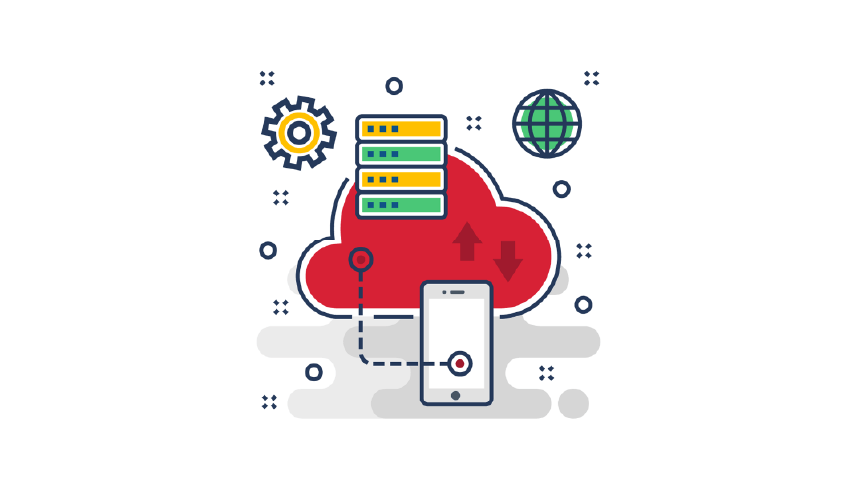More companies entrust their technology to the cloud than ever, but many have concerns about this "seamless digital integration" process.
These concerns are often termed "myths" by software subscription vendors. Articles refute these myths, stating that cloud providers have greater expertise so that one's data is safer, private, and accessible online, insuring cost savings and convenience.
Let's explore some of these myths.
-
Myth #1. If you are in the cloud, your data is not as safe as it is on-premises.
- This is a chief concern for customers. Software services in the cloud provide built-in barriers to threats that occur on a regular basis.
- But the truth is, no system is foolproof. Working in the cloud entails special challenges. McAfee, performed an extensive survey which revealed the following:
- 1 in 4 users have experienced data theft in the cloud.
- 1 in 5 users have experienced and advanced attack against their public cloud infrastructure.
- McAfee also found that 40% of IT leaders are slowing cloud implementation due to a shortage of people with cybersecurity skills.
- The cloud provider is responsible for physical security of data, but customers must have complementary security measures in place, such as access control, firewalls, encryption, logging and monitoring. (CloudAcadamy)
- If one uses the Internet or email, they are already in the cloud and vulnerable to a large variety of threats. Virus and firewall protection from suspicious activity and malicious content should be installed.
Follow Us On Linkedin
-
Myth #2. If you are in the cloud, other people or the government can get your data
- A cloud provider can work with you to set up rights and restrictions to data and devices that access it. Ask about the controls preventing your data from mingling with that of other organizations. Check that the data center staff doesn't have unprivileged access to your data. Find out about their policy for handling government inquiries.
-
Myth #3. If you are in the cloud, your data may not always be accessible.
- Telling the customer that "the system is down" is not good thing. Data must be available to users at the time they need it.
- According to a recent report (Veeam, 2019), three quarters of providers have this problem, preventing them from meeting users' needs for uninterrupted access to applications and data. On average, there were five to ten unplanned outages in the last year, each for about 65 minutes.
- These outages resulted in loss of customer confidence, brand integrity, and sales. Employee morale was also affected.
- When choosing a cloud provider, ask how much downtime is normal for them. Usually, these outages are brief, but the possibility of longer outages should be taken into consideration.
-
Myth # 4. If you are in the cloud, you could lose all your data
- According to the Veeam report, half of businesses can tolerate an hour's downtime. Some can stand two hours, or even three hours for normal production. Organizations unable to operate within these margins should weigh their options.
- Find out how often the cloud provider backs up files. There is a big difference between backing up every two hours and backing up daily.
- Most Service Level Agreements provide for application recovery based on the business's needs. Data recovery is so important that this should be a key issue in deciding on a cloud service provider.
-
Myth # 5. If you are in the cloud, you will not be able to customize your system
- Cloud providers normally have configurations which gives the client the ability to change the look and feel and even functionality of the application. They can apply their own settings, logo, and colors. Some providers offer mashups to combine the functionalities of more than one software.
- In conclusion, cloud computing may not provide the answer to all needs. The cloud offers quick benefits for the investment needed and provides a certain safety net for its clients. Look into it if you haven't already.
Read Now: Location-Based Advertising: The Key to Sales Success
.png)

